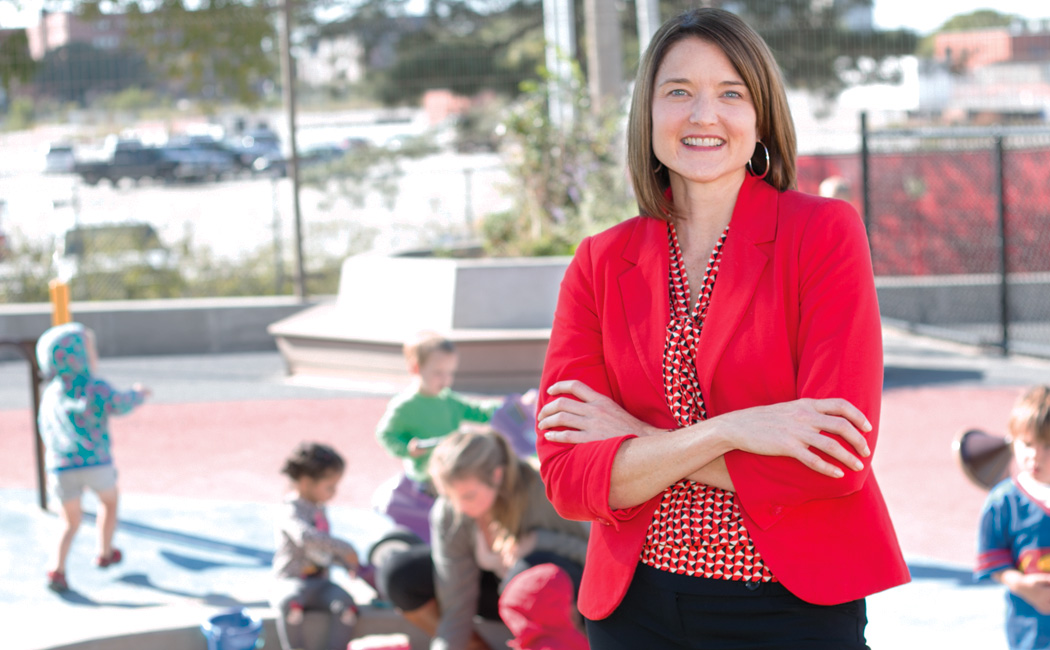
As a strategic partner in UNL’s renewed commitment to early childhood, CYFS announced the formation of the Nebraska Early Childhood Research Academy Sept. 24.
Led by Lisa Knoche, CYFS assistant director for research, the CYFS-housed academy will include interdisciplinary partners across all University of Nebraska campuses, as well as the Buffett Early Childhood Institute and community and state agencies.
We want to support faculty in pursuing game-changing research to help policymakers, early childhood professionals, researchers, educators and families improve the trajectory of all young Nebraskans.
Lisa Knoche, director of the Nebraska Early Childhood Research Academy
The academy will leverage the strengths of CYFS early childhood research programs; faculty affiliates have received $34 million in early childhood funding since 2004. With its wide network of collaborators, the academy aims to advance the scientific knowledge base related to children’s learning, development and interventions from birth to age 8.
“We are ensuring that many voices come together to achieve our vision—one that will shape the earliest years of children’s development,” said Susan Sheridan, director of CYFS. “We look forward to leveraging our collective strengths to garner even greater resources and create an even larger impact.
To address the chronic challenges faced by children in Nebraska, the academy will enhance the research capacity of faculty and graduate students, assist in grant procurement and execution, and initiate outreach. The academy is also establishing global partnerships to extend the reach of its impact, including collaboration with early childhood researchers in Brazil, Turkey and China.
“We want to support faculty in pursuing game-changing research to help policymakers, early childhood professionals, researchers, educators and families improve the trajectory of all young Nebraskans—especially those who face challenges in achieving academic and life success,” Knoche said. “The academy will serve as a platform to conduct this research, as well as a pipeline to connect and apply new findings.”
For more on the University of Nebraska-Lincoln’s early childhood initiative, visit: go.unl.edu/m9pr